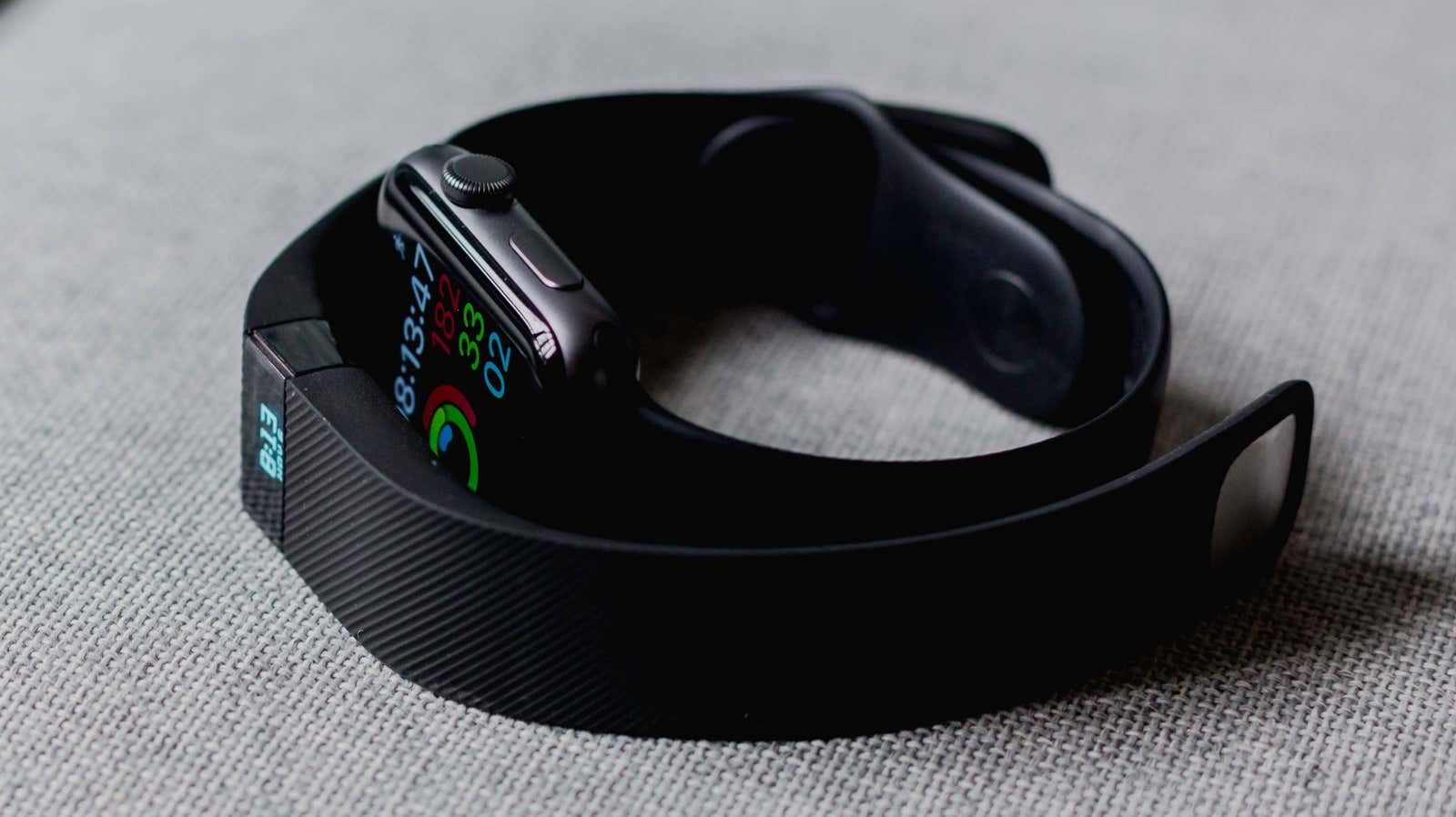How to Build a Healthy Relationship With a Fitness Tracker

It’s easy to get hung up on the numbers, and fitness trackers give you a lot of options. When you attach the tracker to your wrist, it estimates calories burned, steps, and sleep. You may end up worrying about your statistics or relying too much on them when making decisions about your life.
This does not mean that collecting data is bad, but that you should use it to inform you, not to control your life. Here are some ways to establish a healthy relationship with a fitness tracker:
Test your intuitions
Raise your hands if you’ve reviewed your sleep report to decide if you’re really tired. If you see that your “deep” or “quality” sleep was worse than usual, you can convince yourself that you are not getting enough sleep .
So, decide how you feel before looking at your data. Your own body is pretty good at controlling itself, so don’t replace your own feelings of hunger, fatigue, or energy with tracking data, which might be unreliable anyway.
Know the limitations
Sleep trackers can tell you how long you have been in bed, but they have a hard time distinguishing between stages of sleep . Trackers that tell you how many calories you’ve burned can give you a number that’s in the correct range, but there are too many variables to be completely accurate . A running watch can accurately display the time you’ve worked out and (usually) the distance traveled, but it can’t know exactly how much effort you’ve put in or how much recovery your muscles and tendons may need.
Break your streak
Companies want you to be enthusiastic about their products, so they customize their apps and gadgets to send you lots of notifications. They also set goals for you – or encourage you to set your own within their narrow parameters. The Apple Watch, for example, really wants you to “loop your rings” every day and do it longer and longer.
But does the tracker’s goal really match your goals? I followed my Apple Watch for weeks before I remembered that I really don’t want to exercise every day! Resting for a day or two every weekend keeps me physically and mentally healthy. I suppose I could use the streak function the other way around – if I ever have a streak that lasts longer than a week, I have to ask myself if I have enough time to recover.
Take off sometimes
What happens if you are not wearing a tracker? If you are feeling lost, anxious, or depressed, you may be overly dependent on it. Break your streak, take the tracker off your wrist for a moment, and consider how the tracker can serve you and not the other way around.
To learn more from Lifehacker, don’t forget to follow us on Instagram@lifehackerdotcom .